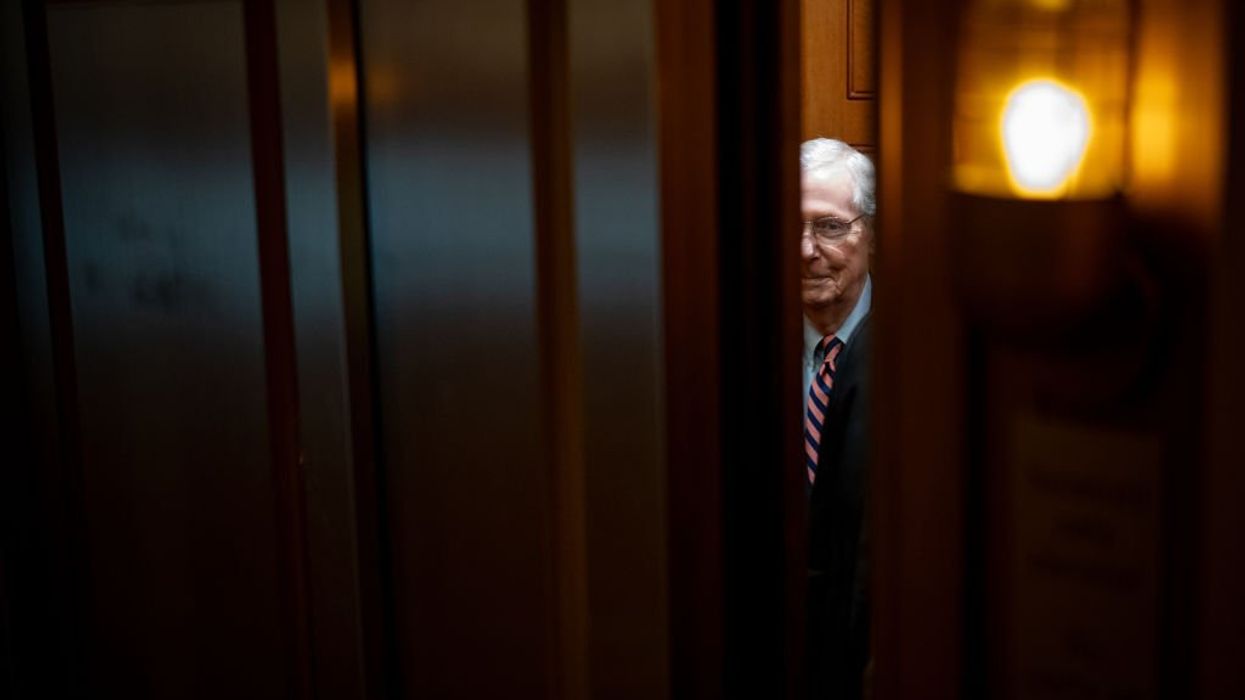Tech CEOs angry about the National Security Agency spying scandal met with President Barack Obama and Vice President Joe Biden at the White House Tuesday, one day after a federal judge ruled the spying is likely unconstitutional.
The meeting with the heads of companies including Apple, Yahoo!, Twitter and Google also covered the botched rollout of the Obamacare website, the same day that the Obama administration announced it had hired former Microsoft executive Kurt DelBene to take over healthcare.gov and seek to build improvements.
 President Barack Obama meets with technology executives in the Roosevelt Room of the White House in Washington,Tuesday, Dec. 17, 2013. From left are, Mark Pincus, of Zynga and Marissa Mayer of Yahoo!, and Obama. (AP/ Evan Vucci)
President Barack Obama meets with technology executives in the Roosevelt Room of the White House in Washington,Tuesday, Dec. 17, 2013. From left are, Mark Pincus, of Zynga and Marissa Mayer of Yahoo!, and Obama. (AP/ Evan Vucci)
The rollout of Obamacare along with the NSA's massive data gathering of phone and email interactions revealed by government contractor-turned fugitive Edward Snowden have been two of the biggest headaches for much of Obama's first year of his second term.
The NSA scandal faded over the last two months while Obamacare's problems have dominated headlines. However, the NSA matter surged to leading headlines as U.S. District Judge Richard Leon for the District of Columbia ruled it violated the Fourth Amendment.
"The president was hoping to hear directly from the CEOs of these companies about their concerns and also the opportunity to explain both how these [surveillance] programs are viewed by him and the fact that he is engaging in the kind of comprehensive review of our intelligence gathering," White House press secretary Jay Carney said Tuesday.
On Dec. 9, the heads of AOL, Apple, Facebook, LinkedIn, Microsoft, Twitter and Yahoo signed a letter asking the government to change its surveillance policy regarding the NSA's access to phone and Internet data of their customers. The letter called for the United States to “ensure that government surveillance efforts are clearly restricted by law, proportionate to the risks, transparent and subject to independent oversight.”
“The balance in many countries has tipped too far in favor of the state and away from the rights of the individual—rights that are enshrined in our Constitution. This undermines the freedoms we all cherish. It's time for change,” the letter said. “For our part, we are focused on keeping users' data secure deploying the latest encryption technology to prevent unauthorized surveillance on our networks, and by pushing back on government requests to ensure that they are legal and reasonable in scope.”
The companies began a website ReformGovernmentSurveillance.com.
The CEOs attending the White House meeting in the Roosevelt room were Tim Cook of Apple; Dick Costolo of Twitter; Chad Dickerson of Etsy; Reed Hastings of Netflix; Drew Houston of Dropbox; Marissa Mayer of Yahoo!; Burke Norton of Salesforce; Mark Pincus of Zynga; Shervin Pishevar of Sherpa Global; Brian Roberts of Comcast. Eric Schmidt of Google; and Randall Stephenson of AT&T.
Other executives attending were Erika Rottenberg, vice president of LinkedIn; Sheryl Sandberg, chief operating officer of Facebook; and Brad Smith, executive vice president of Microsoft.
"The absolute value that the NSA and other agencies in our intelligence community provide in keeping the American people and our allies safe and doing so in a way that is legal and constitutional," Carey said Tuesday. "He also has made clear that because of the remarkable advancements in technology that the United States has both led the way in and take advantage of, as have other countries, we need to look at our activities through the lens of making sure we're doing what we should to keep ourselves safe but not just what we can because we have the technological capacity to do it. And I think that is the sort of lay framework in which the president has been approaching this review."
–
[related]




